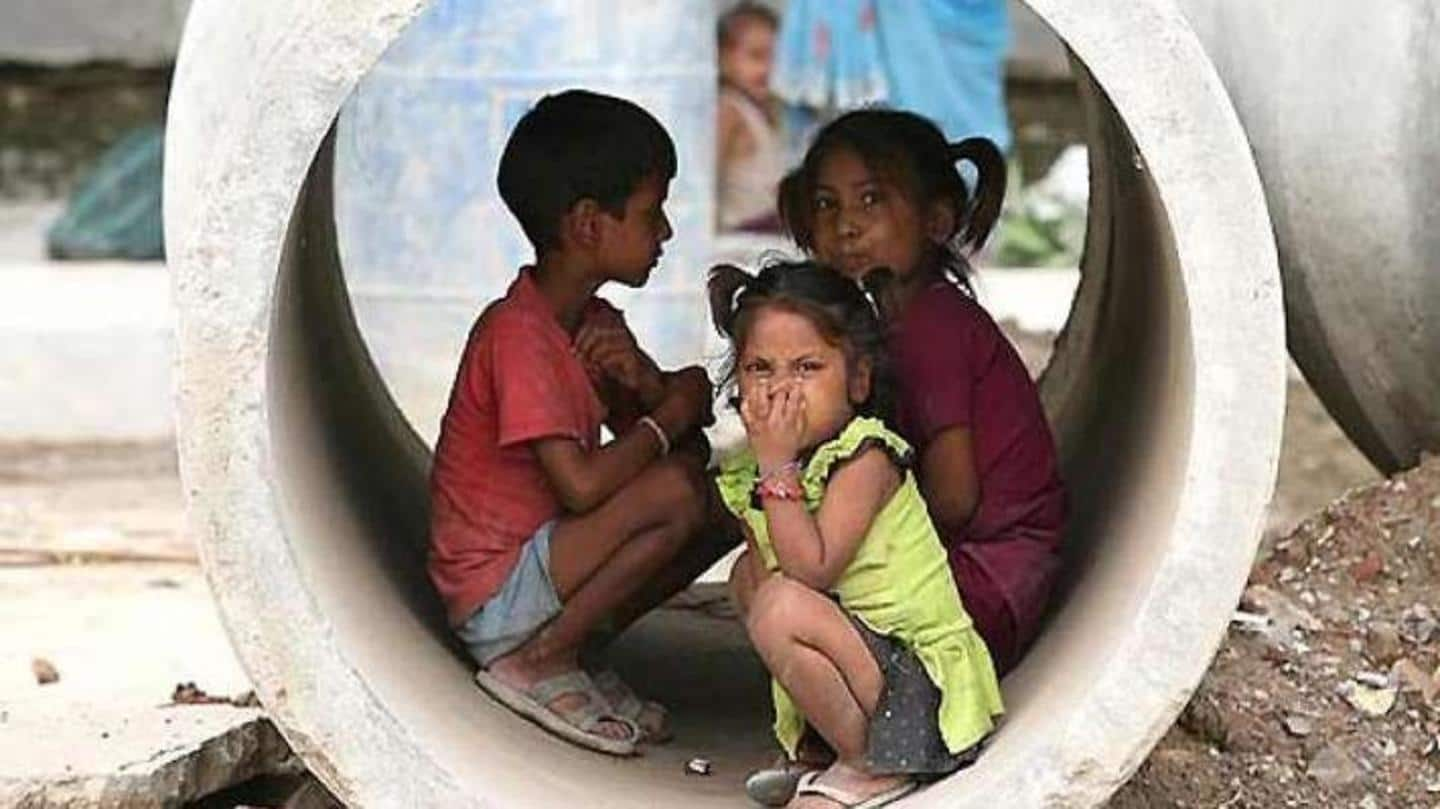
Delhi government formulates policy for street children's welfare amid pandemic
What's the story
The Delhi government has framed a policy for the welfare of street children in view of the pandemic situation which stresses the role of various stakeholders in promoting COVID-19-appropriate behavior and generating awareness about the infection among such children.
The policy, prepared by the Delhi government's Women and Child Development Department (WCD), encourages the direct participation of civil society organizations.
Here are more details.
Civil Defense Volunteers
Policy suggests training rescued children as Civil Defense Volunteers
The policy highlights the role of civil society organizations in identifying hotspot areas and distributing masks among them.
It also suggests that district administration could consider training the children rescued from streets (on attaining the age of 18 years) as Civil Defense Volunteers, since it will provide them respectable employment, and they can also assist many other children who come from a similar background.
DCPCC
Policy proposes composition of DCPCC for rescuing children
The new policy also proposes the composition of the District Child Protection Convergence Committee (DCPCC) over and above the District Task Force (DTF) for rescuing children.
The DCPCC will have the district magistrate as chairperson along with other members, including two from NGOs and the Delhi Commission for Protection of Child Rights (DCPCR) representatives.
Informal interactive sessions
It also proposes conducting interactive sessions to impart awareness
The scope of the work of NGOs shall include bringing all cases of children identified by them to their respective Child Welfare Committee and work with departments concerned for their rehabilitation.
The policy also talks about informal interactive sessions to be organized by Community Based Organizations (CBOs) for imparting COVID-19-related awareness among these children along with the distribution of masks and sanitizers/soaps.
Information
Policy highlights need badges/wrist bands to monitor children
There's also a need to adopt novel and practical ways of identification and enrollment through the distribution of badges or wrist bands with unique numbers so that these children can be tracked and monitored for aid distribution and linkage to various services, the policy says.
Criteria
It lays down 15 criteria for determining child's vulnerablity status
The policy lays down 15 criteria including, conditions related to safety and security, the status of education, state of hunger, and malnutrition, among others, for determining the vulnerability status of the child.
Talking about the role of the Health Department, it says the department will be required to provide health education and cover families and children who otherwise lack access to appropriate health information.
Information
Wellness Centers to be established under project Suryodaya
A very critical area of concern is street children getting addicted to drugs and substance abuse. The WCD has established a model Wellness Center at Sultanpuri, which is proposed to be further replicated across all districts of Delhi under project Suryodaya, the policy said.
Education
Education Department to procure details about orphaned children from WCD
Talking about the role of the Education Department, the policy says that the district education officers should be in active contact with the WCD.
They will proactively procure the details of children orphaned due to COVID-19 or such children whose families have lost the breadwinner so that the educational needs of such children are taken care of.
Information
Notice inviting foster care applications also issued
Meanwhile, the WCD has also issued a notice inviting applications for the declaration of fit persons to foster a child in a family environment and a notice for recognition of a fit facility or group foster care.